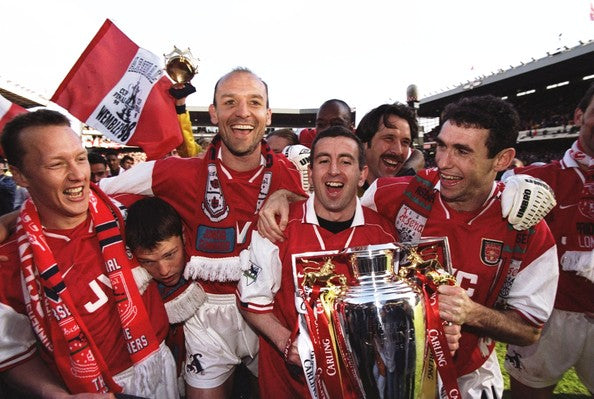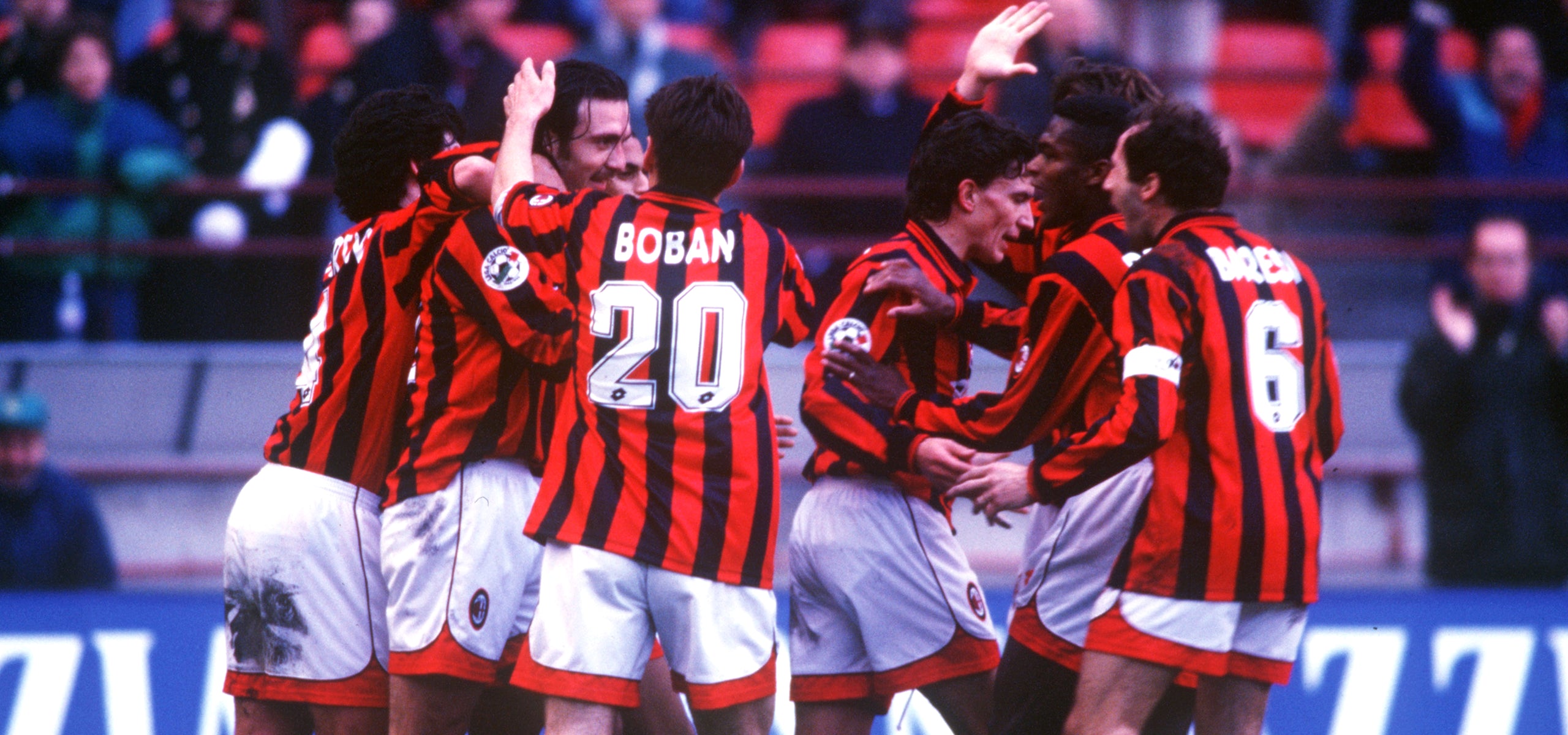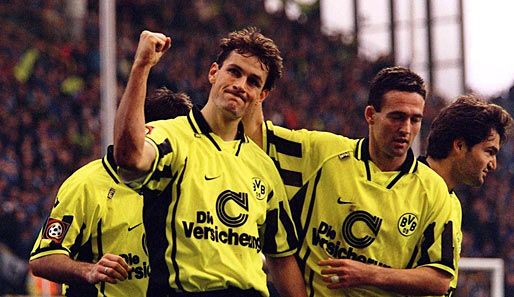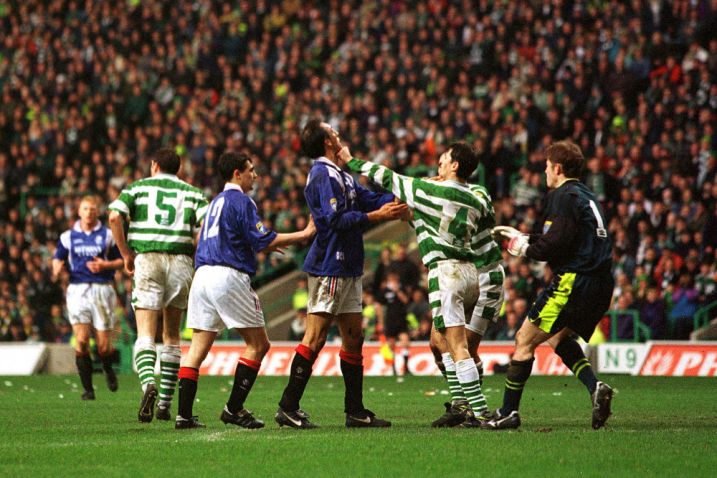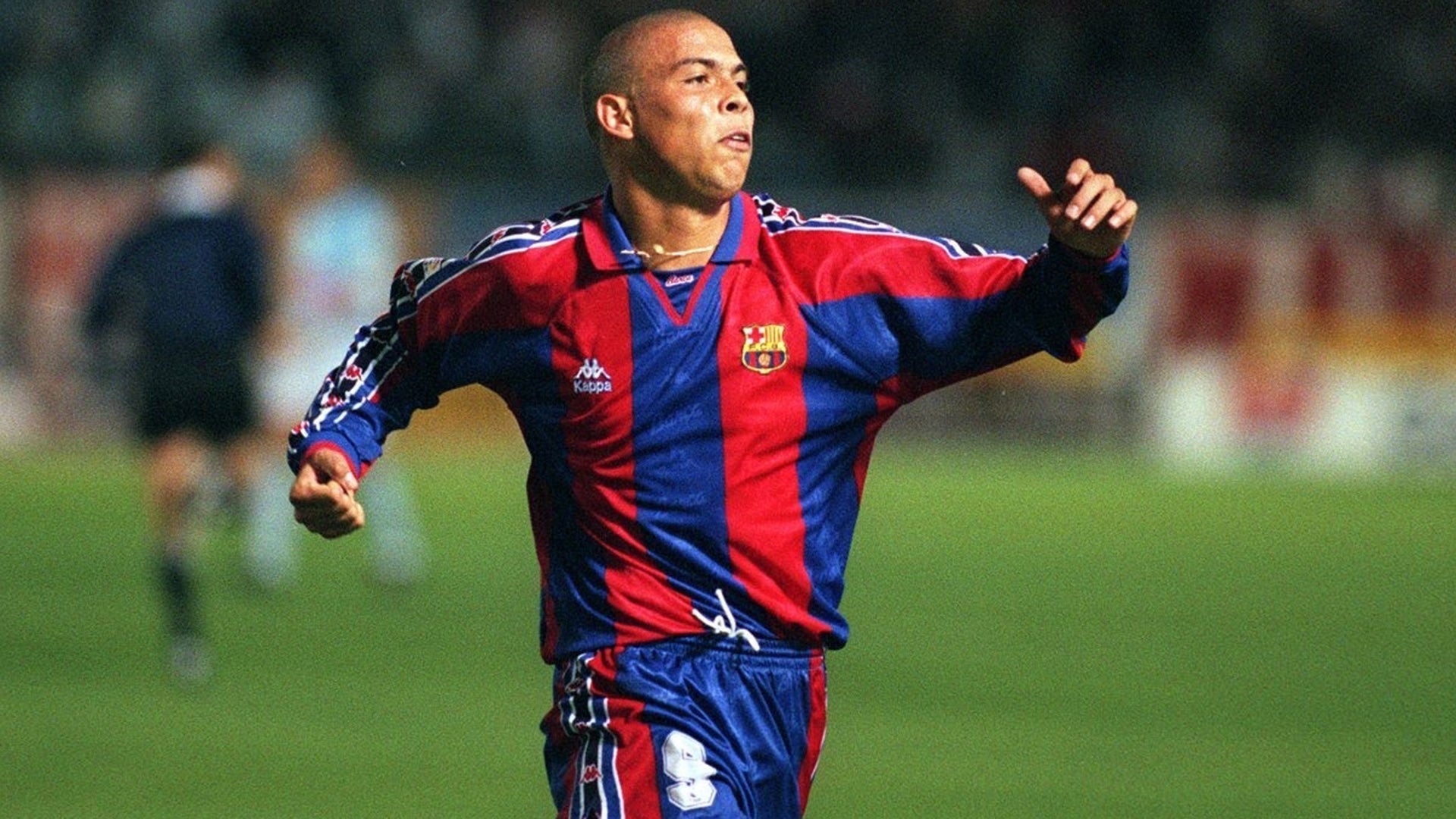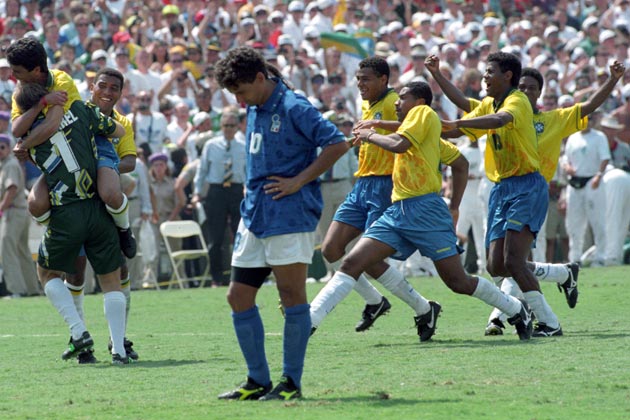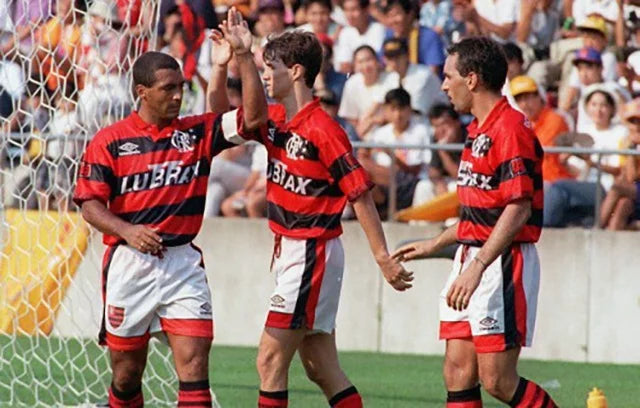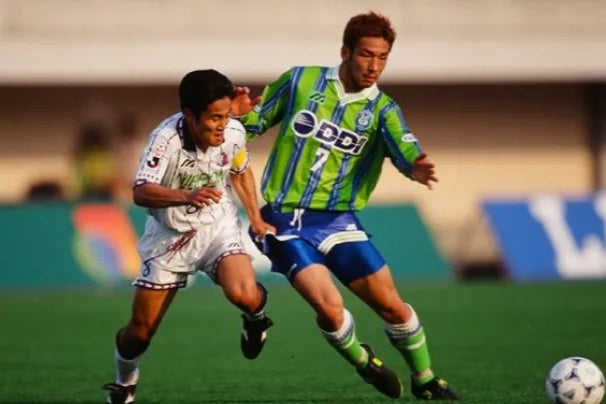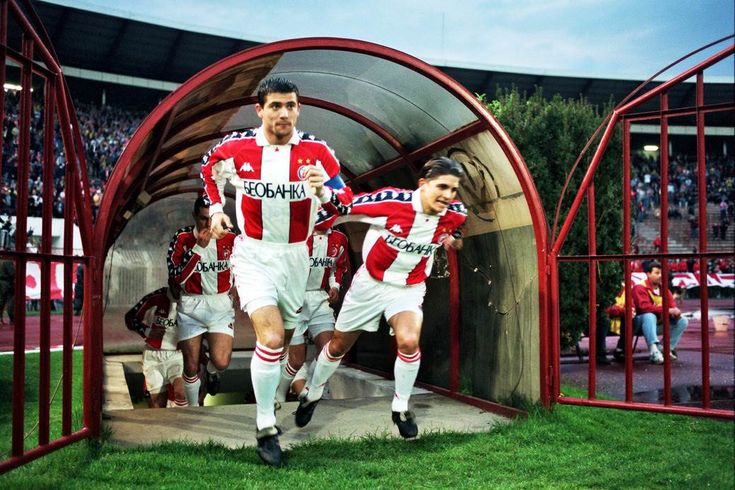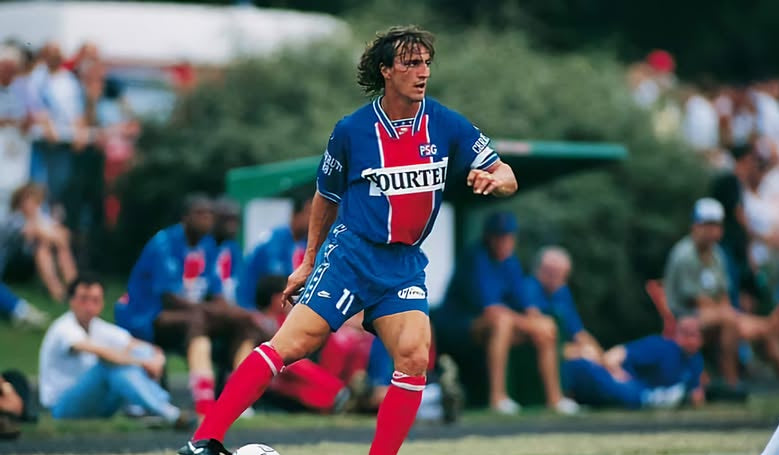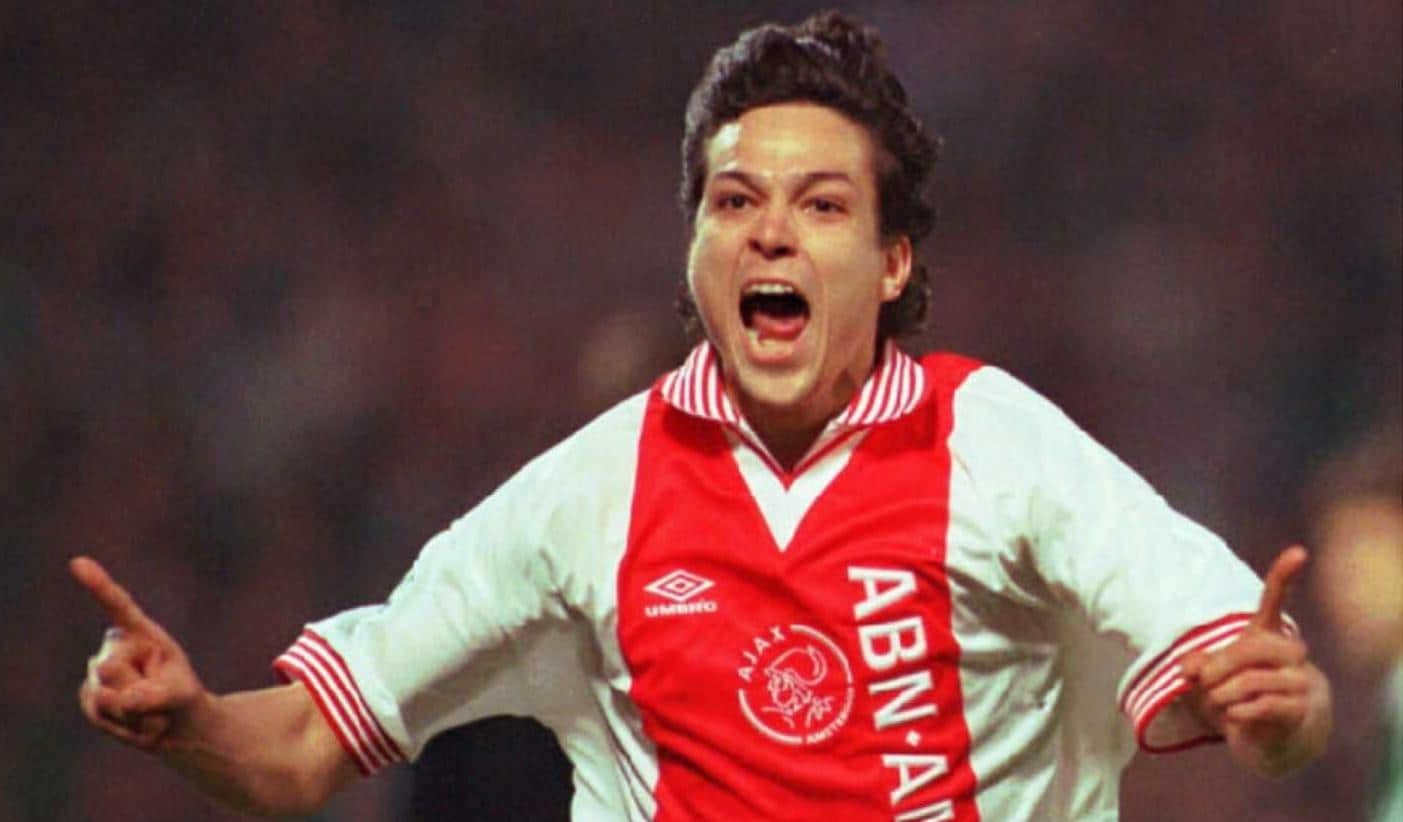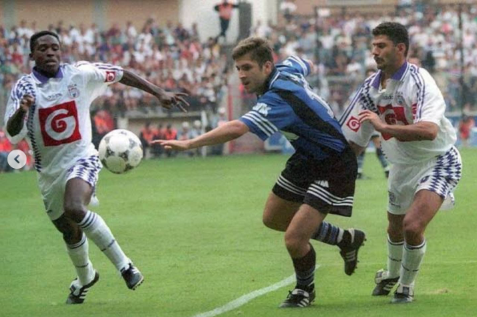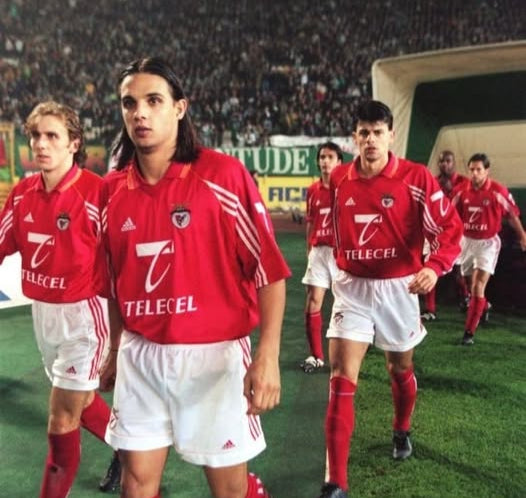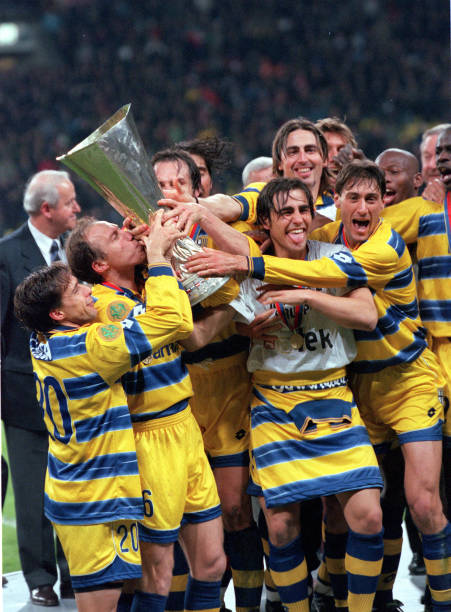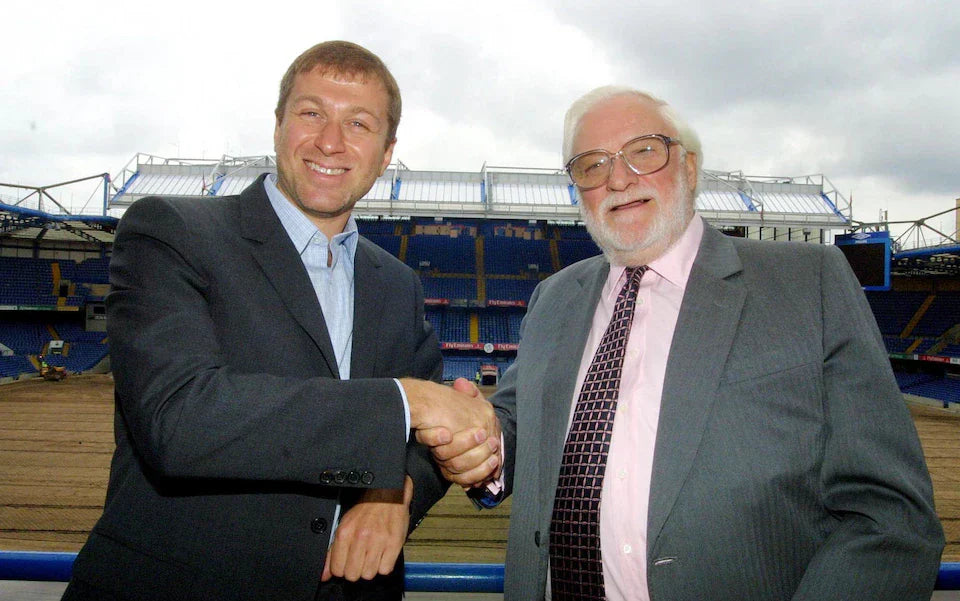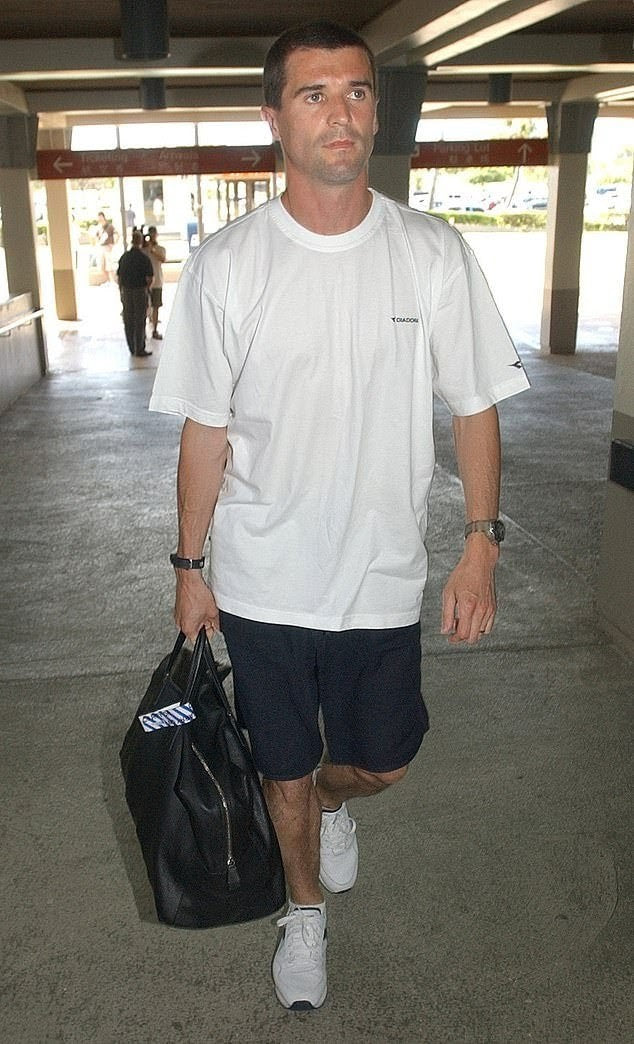
What if... Roy Keane had played in the 2002 World Cup instead of walking out?
The image of Roy Keane storming out of Saipan has become one of the defining moments in Irish football history. The midfielder, the heartbeat of Manchester United’s treble-winning side three years earlier, was meant to lead the Republic of Ireland at the 2002 World Cup in Japan and South Korea. Instead, a bitter row with manager Mick McCarthy saw Keane on a flight back to Manchester, leaving a squad robbed of its talisman before a ball was even kicked.
But what if Keane had stayed? What if the most relentless midfielder of his generation had been allowed to channel his rage, not at training pitches and travel arrangements, but at Germany, Cameroon, and Spain?

Ireland’s campaign without him was spirited. They drew with Cameroon and Germany before sweeping Saudi Arabia aside to reach the last sixteen. Against Spain, they produced one of the great Irish performances hammering away at a side filled with Raul, Hierro, and a young Iker Casillas. Robbie Keane’s 90th-minute penalty sent the match into extra-time. Damien Duff terrorised Spain’s defence. Ireland had the chances, but penalties betrayed them. Spain advanced, Ireland went home with pride but also regret.

Now insert Keane into the story. Imagine him driving the midfield against Spain, demanding every inch from his teammates, snarling at referees, snapping into tackles that made even Fernando Hierro hesitate. Ireland’s midfield that day - Holland, Kinsella, Kilbane - worked tirelessly, but Keane’s presence would have elevated them. His ability to control tempo, his standards, his aura, might have tipped the balance.
Keane in extra-time is almost unthinkable: a man who thrived in high-wire, high-stakes situations. He had dragged United back from the brink in Turin in 1999, booking himself out of a Champions League final but embodying the spirit of a side that never gave up. Against Spain, he could have been the difference between missed chances and seized destiny.

If Ireland had beaten Spain, the quarter-final against South Korea awaited. The hosts had stunned Italy and would go on to eliminate Spain as well, aided by raucous support and some infamous refereeing. Ireland, with Keane snarling in midfield, would have fancied their chances. In a fevered Seoul stadium, they could have bullied their way through. That sets up a semi-final against Germany – the very side they had already drawn with in the groups.
It’s not impossible to picture Keane versus Ballack, Duff running at full-backs, Robbie Keane sniffing for chances. Ireland could have become the Greece of 2002, a side nobody expected, carried by discipline, belief, and one world-class leader. The World Cup final, Brazil versus Ireland, sounds like fantasy. Yet in football, fine margins can redraw history.

Instead, Irish fans are left with the Saipan saga - recriminations, “what ifs”, and the sense of a golden chance missed. Keane’s absence meant the Irish story was about plucky underdogs rather than world-beating outsiders. With him, it might have been about legends.

